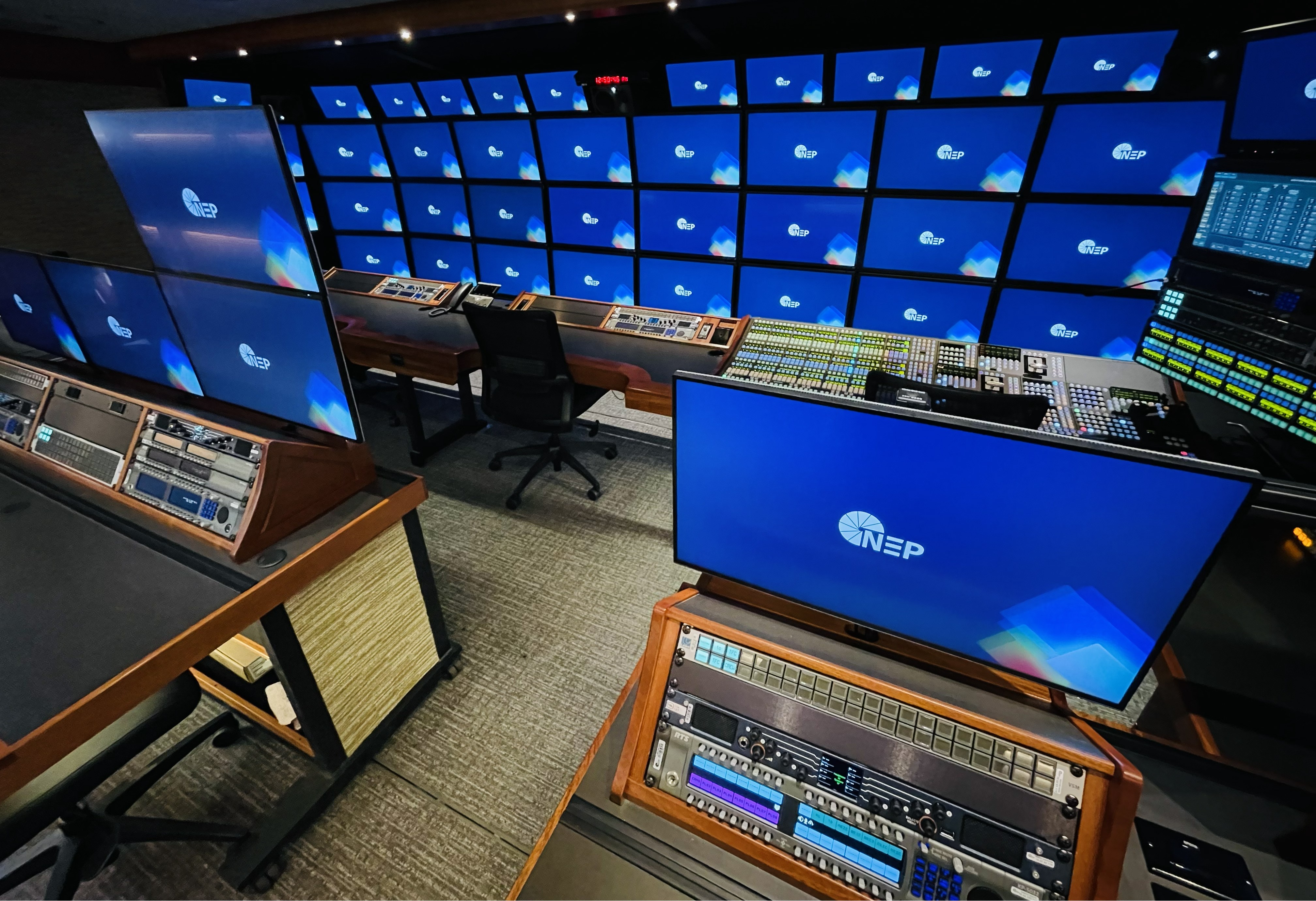HDTV anti-piracy efforts threaten digital networks
The professional video industry's #1 source for news, trends and product and tech information. Sign up below.
You are now subscribed
Your newsletter sign-up was successful
The future of home video recording could hinge on an obscure fight between movie studios and consumer electronics makers over the connections used to ferry digital TV signals to high-definition television sets and other devices, says a new report by CNet News.com.
The Hollywood motion picture studios want consumer electronics companies to limit how video files can be moved between devices that can pick up, record and transfer digital TV signals. The move aims to prevent piracy, but it might also hamper legitimate new media applications such as home networking.
Consumer groups and the studios are at odds over a set of proposals before the FCC that could give studios unprecedented control over digital network technologies such as Firewire and wireless routers. Under the proposed rules, the studios would be able to block recording capabilities, unilaterally turn off digital outputs deemed “unsafe,” and down-rezz analog outputs.
“There are all these things that are being rolled back out of a purported need to control the digital world,” said Mike Godwin, senior technology counsel of Public Knowledge, an advocacy group focused on digital technology issues. Hollywood companies “want this to be like the roach motel, where television checks in and doesn't check out.”
The content owners argue that they can’t afford to release their best material on new high-definition digital networks if it is likely to be copied and redistributed online or elsewhere. As a result, they have successfully pressed Congress and the FCC to add copy-protection guarantees to several ongoing regulatory proceedings aimed at speeding digital TV to market. Even so, there is no proof that the strict controls Hollywood wants are really needed.
Despite this, Hollywood studios are demanding for two features associated with new devices supporting digital cable that would substantially expand their control over how content is passed between consumer devices.
One feature, called “selectable output control,” would essentially allow the movie studios to turn off a device’s outputs if a particular destination device was deemed "unsafe." Under this retroactive scenario, consumers might wake up one morning to find that they can no longer playback shows from their TiVo digital recorder on their high-definition television (HDTV).
The professional video industry's #1 source for news, trends and product and tech information. Sign up below.
Consumer groups and electronics companies say that’s not fair. If a consumer buys a device with the expectation that it will be able to play HDTV movies, that capability shouldn’t be turned off.
A second, and potentially troubling feature of Hollywood's efforts, could make every current HDTV set obsolete.
The studios want to be able to limit HD images to only display on copy-protected digital outputs. Any analog inputs would only receive a down-rezzed (480i) quality signal. The bottom line for consumers is that up to six million HDTV sets will immediately be obsolete if Hollywood has its way.
For more information go to www.eff.org.
